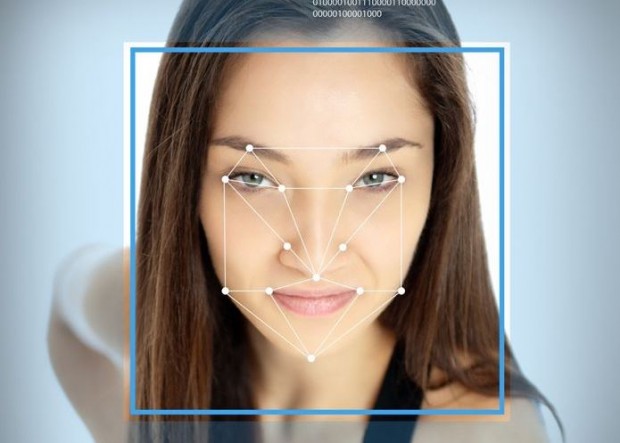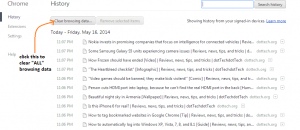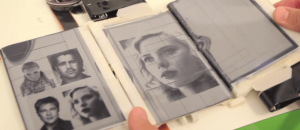As a follow-up to a year long study on mobile device privacy standards, the National Telecommunications and Information Administration (NTIA) is going to scrutinize the use of facial recognition software and the effect it will have on privacy. This comes in the heels of Google banning the use of such software on its Google Glass device citing privacy reasons.
The NTIA plans on holding the first of what is to be a series of meetings in February 2014. The outcome of the meetings will include the creation of a code of conduct for businesses and software developers to follow.
The NTIA released a statement that said,
“Facial recognition technology has the potential to improve services for consumers, support innovation by businesses, and affect identification and authentication online and offline. However, the technology poses distinct consumer privacy challenges.
The goal of the process is to develop a voluntary, enforceable code of conduct that specifies how the Consumer Privacy Bill of Rights applies to facial recognition technology. Stakeholders will discuss how best to ensure that consumers’ rights to control, transparency, security, access and accuracy, focused collection, and accountability are respected within the context of current and emerging commercial uses of facial recognition technology.”
Facial recognition software has been used with mixed results in both private and commercial applications. Police in San Diego have started using the technology in order to match suspects with images of arrested people. Game consoles such as the new Xbox One and PlayStation 4 also use the technology to identify users.

 Email article
Email article




